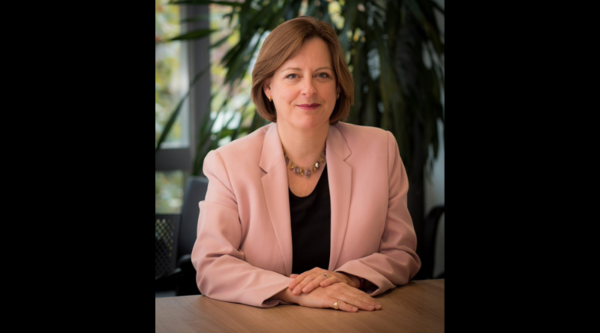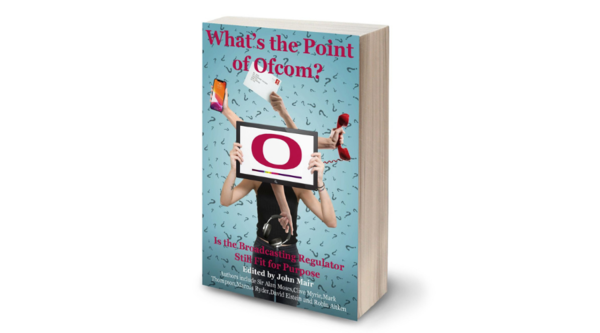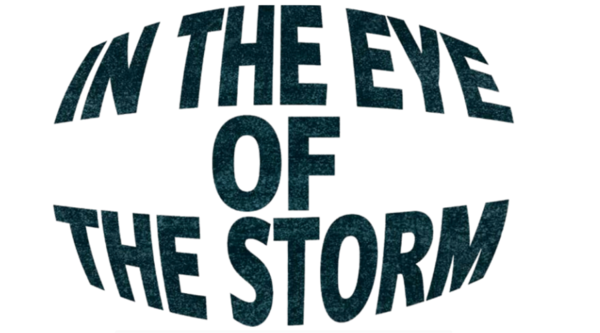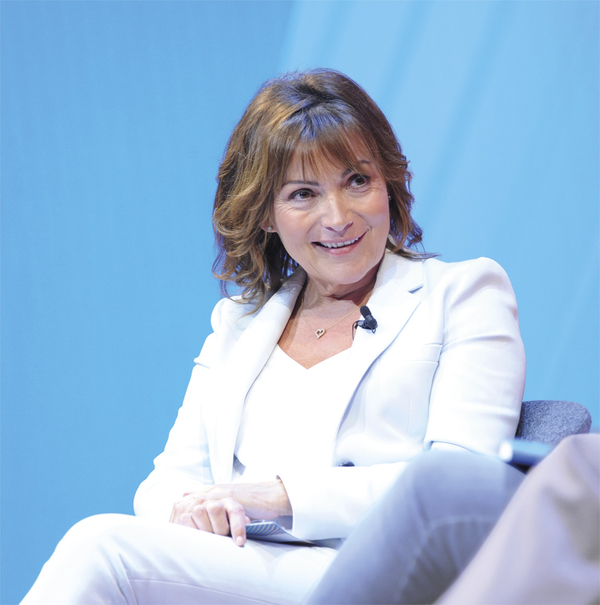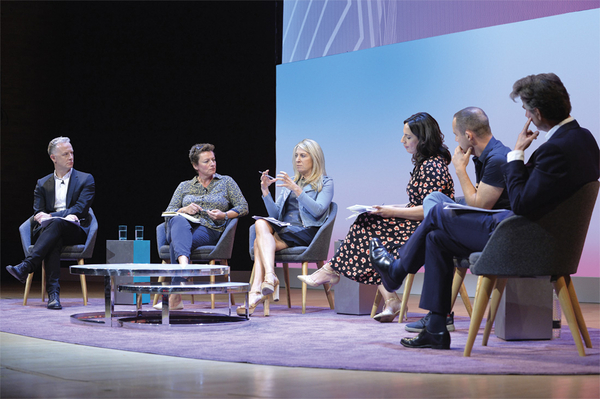Melanie Dawes: Ofcom’s diversity champion
All eyes will be on Melanie Dawes when she speaks at the RTS Cambridge Convention in mid-September. The CEO of Ofcom for the past tumultuous 18 months was preceded by the charismatic Sharon White – a star attraction at the conference whenever she spoke.
“Melanie Dawes is the most experienced and impressive Chief Executive that Ofcom has had,” opines an industry insider. And this will be the first opportunity most of her audience has had to hear her in person, thanks to the pandemic.

